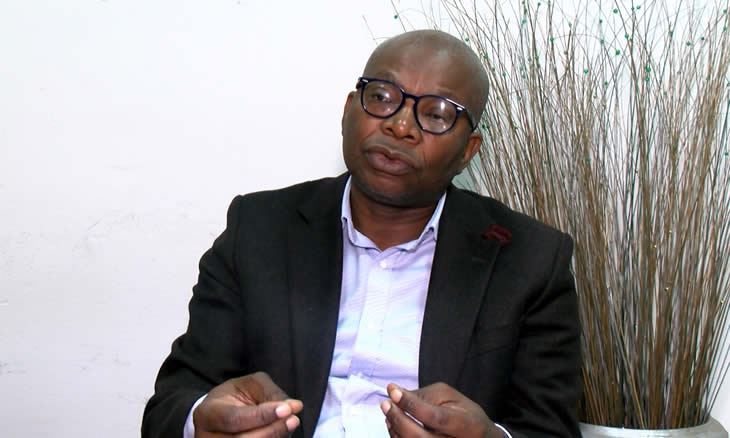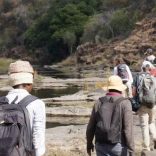UN refugee agency plans to reduce spending by a fifth, close Southern Africa office as cuts bite
Mozambique: “There is no effective learning”; Covid-19 only “accelerated what was already happening – José Castiano

File photo: O País
For five days now [26 March], primary and secondary schools have resumed their teaching activities in the country, 365 days after first being suspended because of the new coronavirus.
The return to school continues to divide opinions between parents and guardians, just as the measures adopted in 2020 still divide, in particular the total closure of schools and the administrative passage of all students in grades without exams.
To understand what kind of academic year we will have in 2021, as well as to understand the reasonableness of the decisions taken by the government in 2020, ‘Carta’ talked to Professor José Castiano.
Professor José Castiano says that the pandemic merely accelerated what was already happening in the national education system: a lack of effective learning.
“We have done several studies on absenteeism among teachers and students, and noted that it was of two type. The first is actual, that is, teachers who are not teaching and students who are not in classrooms, and have between two to three hours of effective learning, instead of eight to nine hours. Another type of absenteeism, which we call relative, has the presence of both the teacher and the students, but the class is not taking place for various reasons, either because the teacher has left the classroom or is doing other things, or because the students are not paying attention. The pandemic has accelerated this and the consequences are logical,” the professor of Philosophy at the Pedagogical University of Maputo began by saying.
If the necessary measures are not taken at this point in time, Castiano says, there will be a major educational catastrophe in Mozambique, due, on the one hand, to deficiencies in the training of teachers and, consequently, of the student; and, on the other hand, to the deficiency of the study material itself. “In Mozambique, the quality of the student is very low and Covid-19 only accelerated this,” Castiano reiterates.
“I think that the biggest problem, right now, is going to be this. We must avoid our education being of the worst, sacrificing future generations in the competition for jobs, the participation of Mozambicans in industry; sacrificing research, investigations and publishing because of these lingering problems in education,” he adds.
Commenting on the changes imposed by the pandemic, the university professor underlined the fact that Covid-19 called the attention of policy makers to the need to accelerate the introduction of new technologies in the teaching and learning process, from primary schools through to universities.
Another positive consequence of the new coronavirus, he said, is related to the fact that the Ministry of Education and Human Development has restructured syllabus contents, because of the new workload. This will on the one hand allow teachers to adopt justified pedagogical strategies, so that their presence and that of the student is what is necessary and, on the other hand, that the student gains an awareness of the need for independent and organised study.
Regarding the division of classes, José Castiano says: “The first conclusion is that the pandemic forced the reduction of the student/teacher ratio, in that classes were divided into three parts. So, in relation to the efficiency and effectiveness of smaller classes, the pandemic forced the implementation of what was a utopian future in a hurry, but it will go on to become what is called the new normality.”
“It will also be determined whether teachers are successful or not, whether they are trained to serve hybrid systems. Teacher’s management skills will also be evaluated – if the class was taught in due time. However, this implies that teachers will be overwhelmed in terms of hours of work,”he said.
Furthermore, teacher’s working conditions have deteriorated, increasing poverty within the profession, José Castiano pointed out.
By Marta Afonso












Leave a Reply
Be the First to Comment!
You must be logged in to post a comment.
You must be logged in to post a comment.